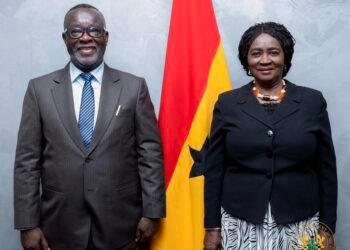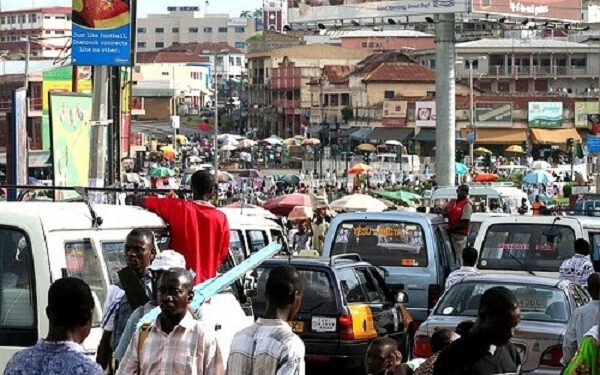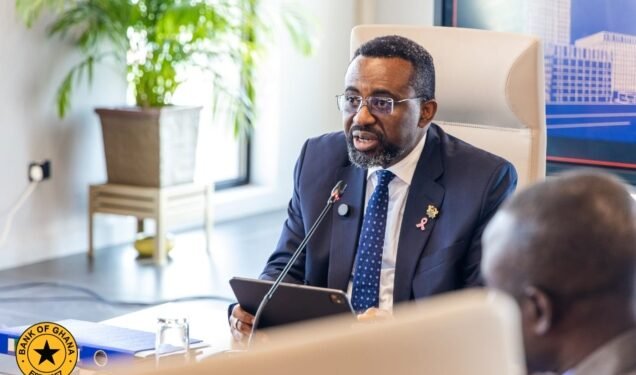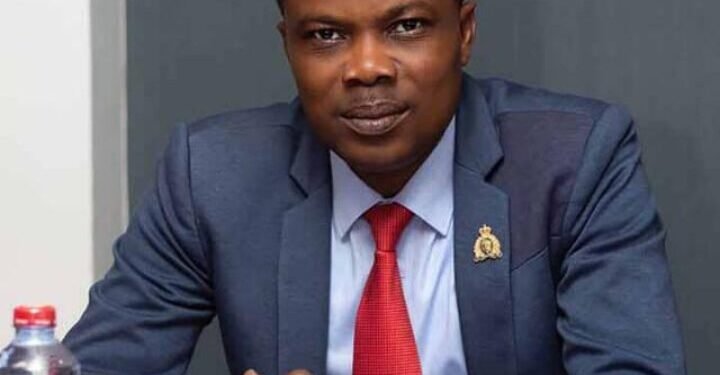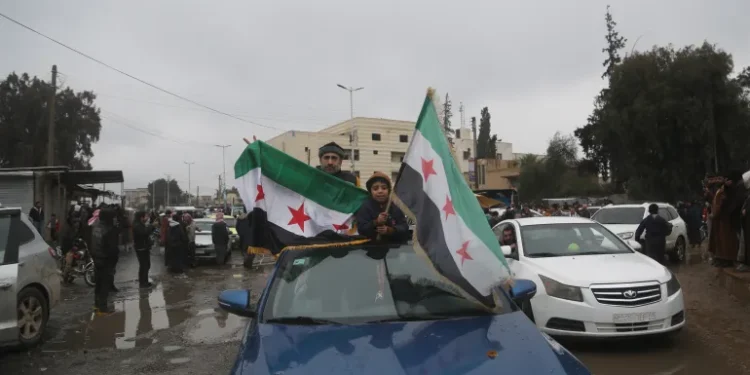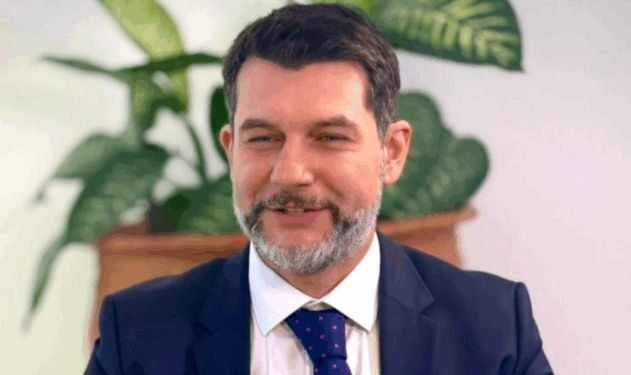A fierce debate has erupted over the sustainability and necessity of the teacher trainee allowance policy, pitting Dennis Appiah Larbi Ampofo, a member of the New Patriotic Party’s (NPP) 2024 Manifesto Sub-Committee on Education against Kofi Asare, the Executive Director of Africa Education Watch.
The debate was sparked by Kofi Asare’s strong criticism of the policy, in which he described the teacher trainee allowance as “one of the most wasteful policies ever implemented in our education system.”
This statement drew a sharp response from Dennis Appiah Larbi Ampofo, who vigorously defended the continuation of the allowance as a critical social welfare support system for vulnerable students.
In a detailed and impassioned argument, the former President of the National Union of Ghana Students (NUGS) emphasized that discussions about the teacher trainee allowance should not be reduced to financial efficiency alone but must be examined within the broader context of Ghana’s social welfare system.
“We need to understand as a nation that we are still operating with a majority of our people below the poverty line. We have millions of people still vulnerable and in true need of welfare support”.
Dennis Appiah Larbi Ampofo, Member of the NPP 2024 Manifesto Sub Committee on Education
According to Larbi Ampofo, scrapping the allowance as a cost-saving measure would unfairly target vulnerable students while government spending on luxury items and extravagant allowances for high-ranking officials continues unchecked.
“A country that pays CEOs and ‘big men’ GHC 80,000 a month has no business talking about cost-cutting with the GHC 300 that goes to support the children of poor people. Ghana cannot be paying over GHC 30,000 as entertainment allowances and then scream about cancelling student allowances.”
Dennis Appiah Larbi Ampofo, Member of the NPP 2024 Manifesto Sub Committee on Education
He further questioned why austerity measures always seem to target social welfare programs such as the teacher trainee allowance, the Free Senior High School (SHS) policy, the Livelihood Empowerment Against Poverty (LEAP) program, and the National Health Insurance Scheme (NHIS).
“At the slightest opportunity, the first thing on the table is cutting pro-poor support programs. While cutting trainee allowances, there is a list being prepared for a foreign trip where some members of the delegation take more than GHC 10,000 per night.”.
Dennis Appiah Larbi Ampofo, Member of the NPP 2024 Manifesto Sub Committee on Education
The former NUGS President called on the government to take immediate steps to address the challenges with delays in payments and improve the conditions of students at the Colleges of Education.

He rejected the narrative that improving the conditions in the country’s College of Education suffice the cancellation of the teacher trainee allowance, saying “But no one can convince me that the only way to find money to do that is by stopping support for young people”
He contended that Ghana has a choice between maintaining essential social support for students or continuing to fund extravagant benefits for the elite.
“We have a choice between GHC 30,000 entertainment allowances for the rich and GHC 1,200 per year for teacher trainees. What kind of country do we want to build?”
Dennis Appiah Larbi Ampofo, Member of the NPP 2024 Manifesto Sub Committee on Education
Kofi Asare Fires Back: Ghana is Not Majority-Poor
Kofi Asare, in a swift response, challenged the premise that Ghana is a majority-poor country. Citing data from the United Nations Development Programme (UNDP), he asserted that only 24% of Ghanaians are classified as multidimensionally poor, with income poverty being even lower.
“It is not true that the majority of Ghanaians are poor. If that were the case, then our past governments would have been very, very useless. This percentage reconciles with the average 20% of tertiary students applying for student loans.”
Kofi Asare, Executive Director for Africa Education Watch
For Asare, the issue is not just about social support but about responsible allocation of resources. He argued that if data-driven governance is to be effective, spending must prioritize efficiency, equity, and economic sustainability.
“Data is meant to be used to plan our development and ensure equity, efficiency, and economy. Let’s use it and stop pretending Ghana, a middle-income country, is suddenly majority-poor”.
Kofi Asare, Executive Director for Africa Education Watch
He also took a dig at what he perceives as the shifting rhetoric on economic hardship depending on which party is in power. “On a lighter note, strangely, Ghanaians only become so poor when we are in opposition; and are most prosperous to even pay heavy taxes when we are in government,” he remarked.

Beyond the debate over poverty levels, Kofi Asare questioned whether the teacher trainee allowance effectively prevents students from dropping out.
“As for the allowance, I won’t talk about it until you show me one teacher trainee who GHC 200 per month—arriving at the end of the year—prevented from dropping out of a College of Education. We just love free things. That’s all!”
Kofi Asare, Executive Director for Africa Education Watch
This assertion directly contradicts Larbi Ampofo’s argument that the allowance is a lifesaver for many students. The fierce clash between the two education advocates highlights the broader national debate on the sustainability of social welfare programs versus the need for fiscal discipline.
While some argue that Ghana’s resources should be redirected towards long-term investments in education infrastructure rather than direct cash transfers, others insist that social protection programs are a necessity for bridging inequality and ensuring that no student is left behind due to financial hardship.








